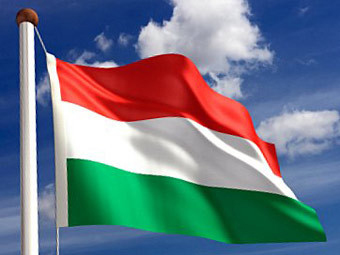Azerbaijan, Baku, September 14 /Trend E.Tariverdiyeva /
Decision of the Prime Minister of Hungary to extradite Ramil Safarov is the decision of the government, Hungarian Foreign Minister Janos Martonyi told journalists, the Hungarian edition Rolitics.hu reported.
"The decisions of the prime minister and the government are the same. Otherwise, the government would organize debates on this issue," Martonyi said.
According to the Foreign Minister, the issue of his resignation is not discussed and he is loyal to the office of Prime Minister.
Ramil Safarov was born on August 25, 1977 in the Jabrail region of Azerbaijan. Safarov 34, who participated in NATO exercises in 2004 in Hungary, was charged with the murder of Armenian officer Gurgen Margaryan, who insulted the Azerbaijani flag. As the result of the verdict by the Budapest court, Safarov was sentenced to life imprisonment without the right of pardon during 30 years.
Immediately after the Azerbaijani officer's release, Armenian President Serzh Sargsyan announced that Armenia suspends diplomatic relations and all official contacts with Hungary.
The conflict between the two South Caucasus countries began in 1988 when Armenia made territorial claims against Azerbaijan. Armenian armed forces have occupied 20 per cent of Azerbaijan since 1992, including the Nagorno-Karabakh region and seven surrounding districts.
Azerbaijan and Armenia signed a ceasefire agreement in 1994. The co-chairs of the OSCE Minsk Group - Russia, France and the U.S. - are currently holding peace negotiations.
Armenia has not yet implemented the U.N. Security Council's four resolutions on the liberation of the Nagorno-Karabakh and the surrounding regions.






